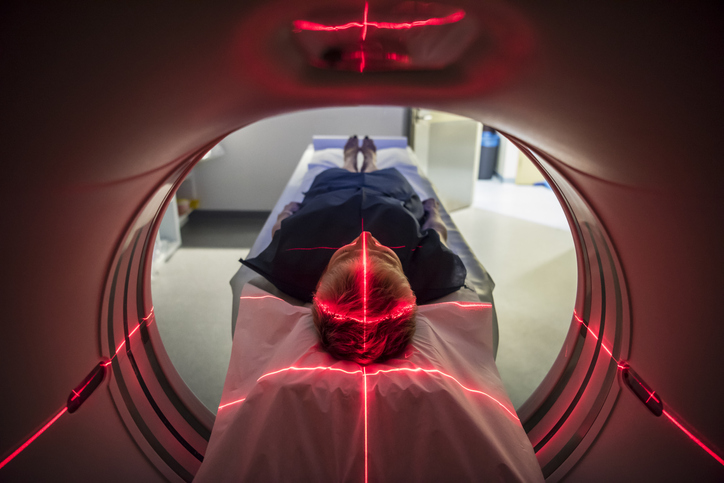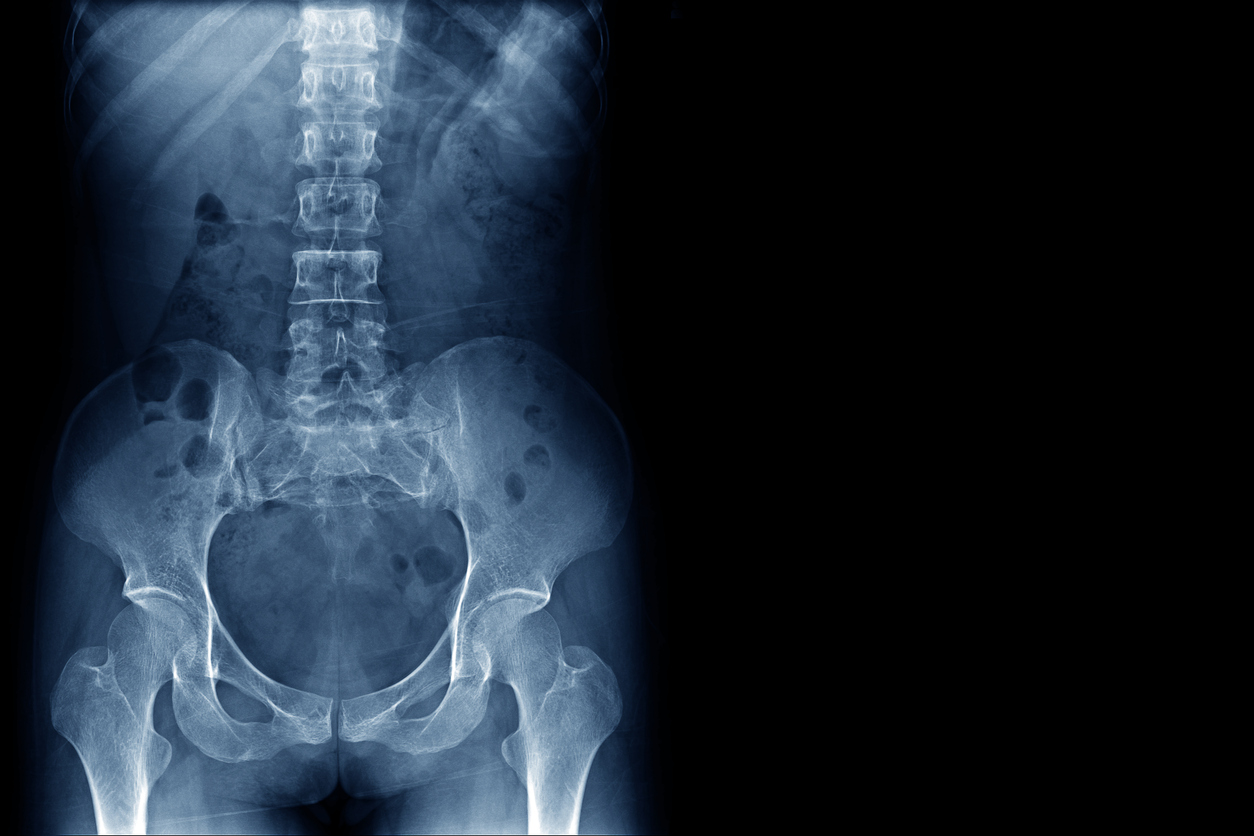Treatments
Risk and Benefits of Knee Replacement Surgery

What is knee replacement surgery?
Knee replacement, or knee arthroplasty, is a surgical procedure that involves removal of damaged bone and cartilage in the knee and replacing it with an artificial joint (prosthesis). The prosthesis is attached with acrylic cement to the lower femur (thigh-bone), upper tibia (shin-bone), and back portion of the patella (kneecap). Replacing a damaged knee with a prosthetic typically reduces pain while improving functionality.
Benefits of knee replacement surgery
Oftentimes, knee replacement surgery is needed to help individuals with severe knee pain that is no longer responsive to other treatments. Knee damage can occur due to osteoarthritis, rheumatoid arthritis, deformities, or injuries. Benefits of knee replacement surgery include, but are not limited to, the following:
- Pain relief. Knee replacement surgery may be needed when severe pain is consistent and unresponsive to other treatment plans. A successful knee surgery can lessen or alleviate debilitating knee pain.
- Increased mobility. Severe knee pain prior to surgery can cause difficulty walking, maneuvering stairs, exercising, etc. Mobility can increase following a successful knee replacement.
- Highly successful with long-lasting benefits. Studies suggest satisfaction rates following a knee replacement to be as high as 90%. Most knee replacements last an average of 20 years.
Risks of knee replacement surgery
A knee replacement has risks similar to other major surgeries. The chance of developing complications is higher for individuals with heart disease, uncontrolled diabetes, or a weakened immune system. Potential risks include, but are not limited to, the following:
- Infection. An infection can occur at the incision site or deeper in the tissue.
- Blood clot. Blood clots are dangerous and may form in leg veins following knee replacement surgery. Blood-thinning medication can reduce this risk.
- Heart attack/stroke. During the first two weeks following joint replacement surgery, the risk of a heart attack increases by up to 31%. This is due to the body’s tendency to clot blood after major surgeries.
- Nerve damage. Although rare, nerve damage may occur in the area of the implant.
- Immune response or blood issues. It is possible to have an immune response to the prosthetic material, which is more likely to occur when they have plastic components. Traces of metal can leak into the bloodstream, causing inflammation, pain, and possible organ damage when using prosthetics made of metal.
- Dislocation, loosening, or joint failure. Although prosthetic joints typically last 20 years, loosening can occur if the prosthesis does not become solidly joined to the bone following surgery. Joint failure can occur due to high impact activities or added weight. Dislocation can occur, but is extremely rare.
















